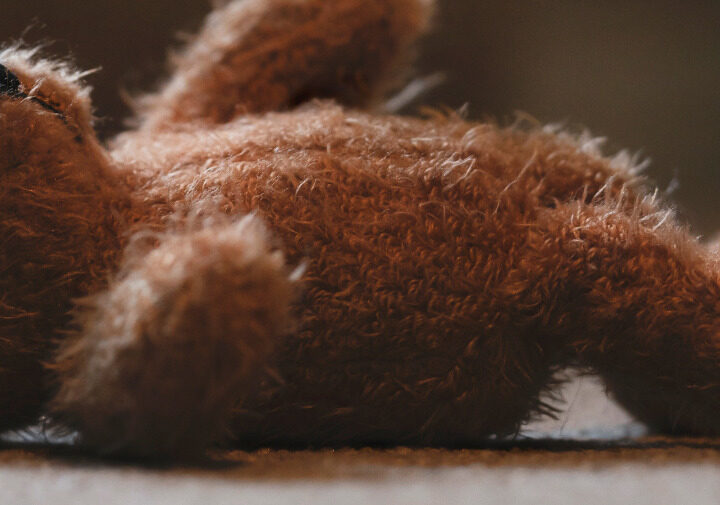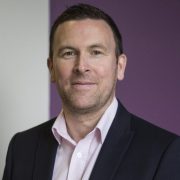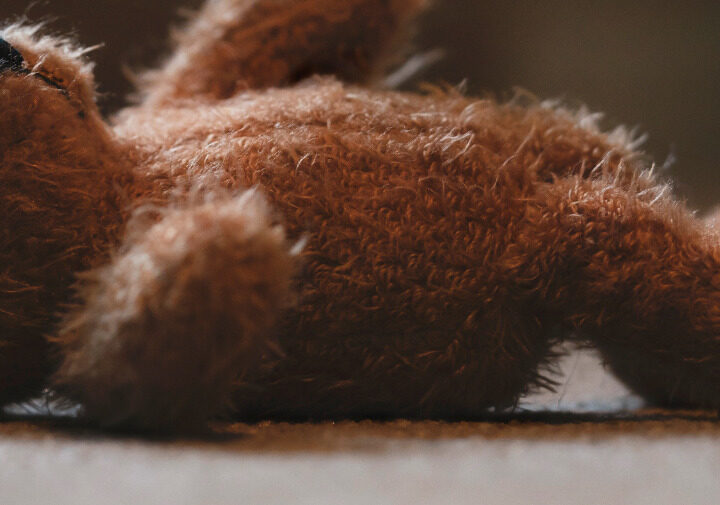After spending three years working on the project, actor Michael Sheen’s documentary Michael Sheen: Lifting the Lid on the Care System aired last night (05.07.2022) on BBC Wales. Sheen’s documentary has shown that young people in the care system are still being placed in B&Bs and hostels, six years after the Welsh Government promised to ‘eliminate’ such placements.
One individual featured in the new documentary spoke about being placed in a B&B at age 17, after his children’s home placement broke down: ‘I got robbed a couple of times in there. You’d see people kicking down doors on a daily basis, there’d be people smashing windows, people carrying knives.’ He was then temporarily moved into a hostel, which the council called ‘supported housing’. In this placement, he experienced threats and violence, and felt the need to barricade his door for safety. This individual felt a burden on the council, and that he would have been better placed in a prison. Caerphilly Council have not commented on the matter.
Another individual ran away from her foster placement at 16. She slept in a tent with an adult over the age of 18, her whereabouts unknown. Wrexham Council commented that its services had since been ‘transformed’, and that they hoped to use this case to continue to improve. Research by BBC Wales Investigates has revealed that whilst most young people in these dangerous situations are 16 or 17, there are a small number being put at risk at much younger ages; there is evidence of an 11-year-old being placed in temporary accommodation with council staff, with nowhere else for them to go.
One final featured individual spoke about being let down by the care system. During the summer in which she was 12 years old, this individual went missing 110 times. She was exploited by older men, addicted to heroin, given cocaine, and moved house 12 times by the time she was 15 – staying in places known for drugs and prostitution, and never staying long enough to fully unpack. After spending nine months rehabilitating from her drug addiction, this individual was placed in a hostel where a drug dealer was also staying. She returned to drugs within one week.
Sheen comments: ‘children who from the beginning, through no choice of their own, find themselves in circumstances that already make things harder for them than it does for anyone else. That those are the children who are most likely to end up homeless, have mental health issues, drug and alcohol dependencies, being sexually abused.’ The Welsh Local Government Association stated that it regrets the standard of care provided, and admitted that the level of support they aspire to had not always been met. They also commented on a need for additional funding in order to help families access services earlier: ‘What we really want to do is put as much support as we possibly can to parents and children at an earlier stage, and stop so many numbers coming into care’ (Julie Morgan MS). Julie Morgan also stated that there are plans to invest more in foster care and leaving care support. The documentary is available on BBC iPlayer.
The number of children being taken into care in England and Wales is at a record high, with children’s services facing a ‘crisis’ regarding providing suitable placements. A Freedom of Information request to all Welsh councils showed that at least 50 young people were given placements in B&Bs, hostels, and budget hotels in the past financial year. At least a further 285 were placed in accommodation which remains unregulated by the care watchdog. These young people living in inappropriate placements are being put at risk. The UK Government has banned under-16s staying in unregulated placements, and will implement more detailed plans in 2022.
We at Farleys Solicitors continue to bring claims against local authorities for their failings, securing many millions of pounds in damages for victims every year. If you would like to discuss the possibility of bringing a claim against a local authority for social services failings, you can contact our dedicated abuse line in confidence on 0330 134 6430, or get in touch by email, or through the online chat below.






